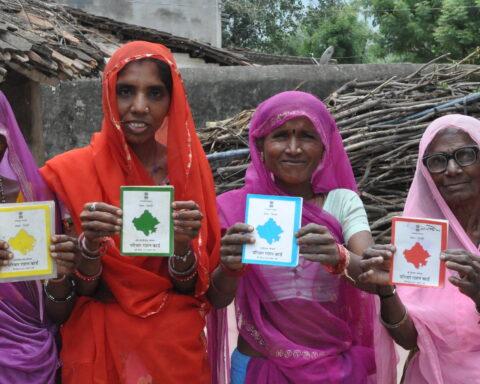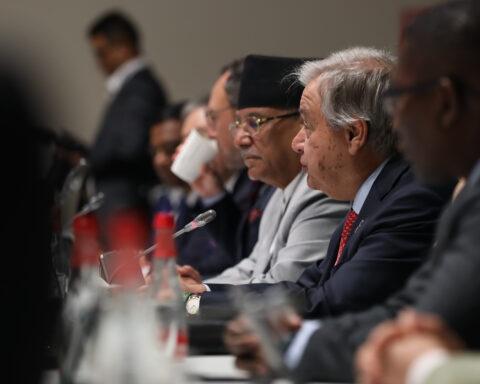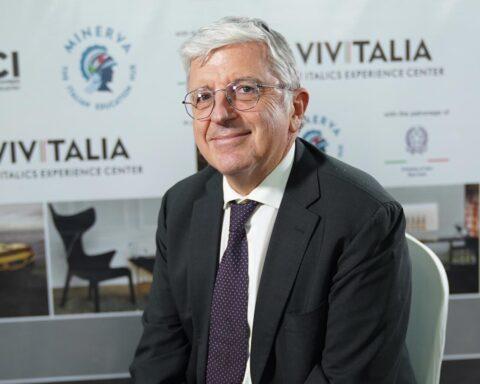With 161 votes in favour, eight abstentions* and no votes against, the General Assembly adopted a resolution this Thursday that recognizes access to a clean, healthy and sustainable environment as a universal human right.
The resolution is not legally binding on the 193 UN Member States. But advocates are hopeful it will have a trickle-down effect, prompting countries to enshrine the right to a healthy environment in national constitutions and regional treaties, and encouraging states to implement those laws. Supporters say that would give environmental campaigners more ammunition to challenge ecologically destructive policies and projects.
“This resolution sends a message that nobody can take nature, clean air and water, or a stable climate away from us – at least, not without a fight,” said Inger Andersen, Executive Director of the UN Environment Programme (UNEP).
The resolution, based on similar text adopted last year by the Human Rights Council, calls on states, international organizations and businesses to step up their efforts to ensure a healthy environment for all.
The UN Secretary-General, António Guterres, welcomed the adoption of this “historic resolution” and said that this milestone shows that member states can unite in the collective fight against the triple planetary crisis of climate change. , biodiversity loss and pollution.
” The resolution will help reduce environmental injustices, close protection gaps and empower people, especially those in vulnerable situations, such as environmental human rights defenders, children, youth, women and indigenous peoples,” he said in a statement released by his spokesman.
He added that the resolution will also help States to accelerate the fulfilment of their obligations and commitments in the field of environment and human rights.
“The international community has given universal recognition to this right and has brought us closer to making it a reality for all,” he said.
Guterres stressed, however, that the resolution’s adoption “is just the beginning” and urged nations to make this newly recognized right “a reality for everyone, everywhere.”
In another statement, the United Nations High Commissioner for Human Rights, Michelle Bachelet, welcomed the Assembly’s decision and echoed the Secretary-General’s call for urgent action to be taken to implement it.
“Today is a historic moment, but it is not enough to affirm our right to a healthy environment. The General Assembly resolution is very clear: States must fulfil their international commitments and intensify their efforts to make it a reality. We will all suffer much worse effects of environmental crises if we don’t work together to collectively prevent them now,” she said.
Bachelet explained that environmental action based on human rights obligations provides vital limits to economic policies and business models.
In 1972, the United Nations Conference on the Environment in Stockholm, which ended with its own historic declaration, was the first to bring environmental issues to the forefront of international concerns and marked the beginning of a dialogue between industrialized and developing countries on the relationship between economic growth, air, water and ocean pollution, and the well-being of people around the world.
The member states of the UN then declared that people have a fundamental right to “an environment of a quality that allows a dignified life and well-being”, and called for concrete actions and recognition of this right.
Last October, after decades of work by nations at the forefront of climate change, such as the Maldives archipelago, as well as more than 1,000 civil society organizations, the Human Rights Council finally recognized this right and asked the UN General Assembly to do the same.





























